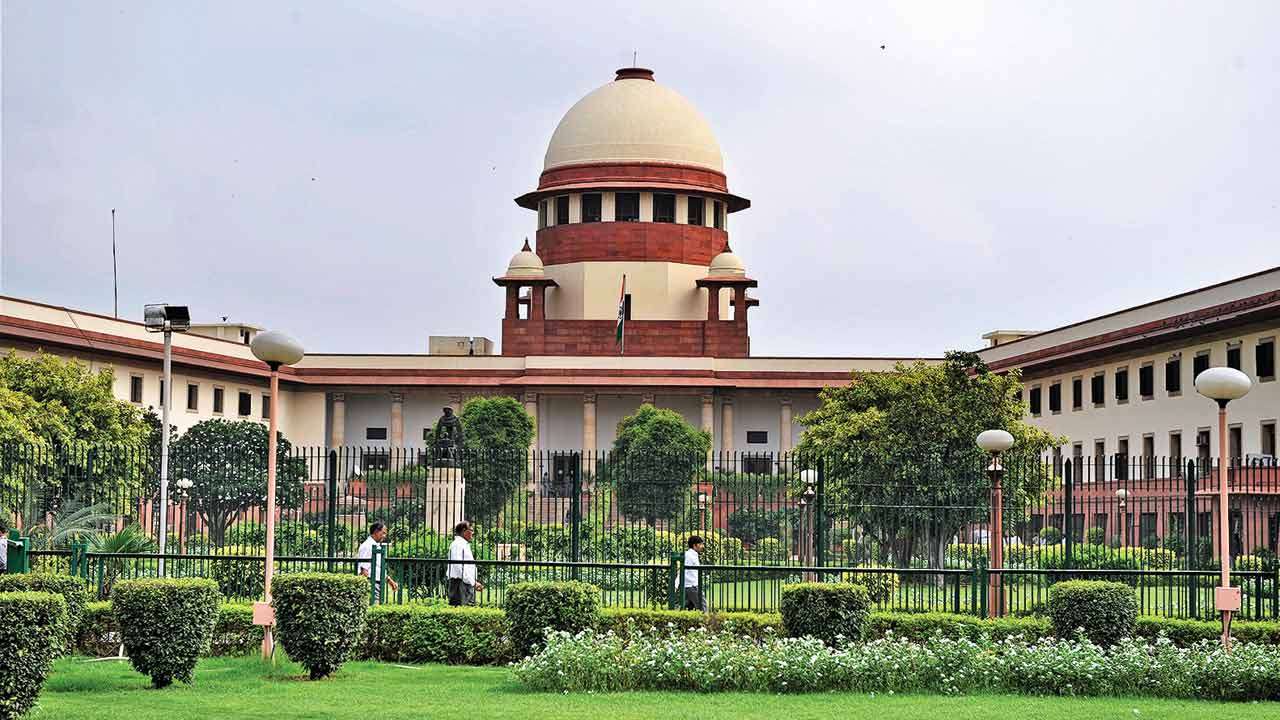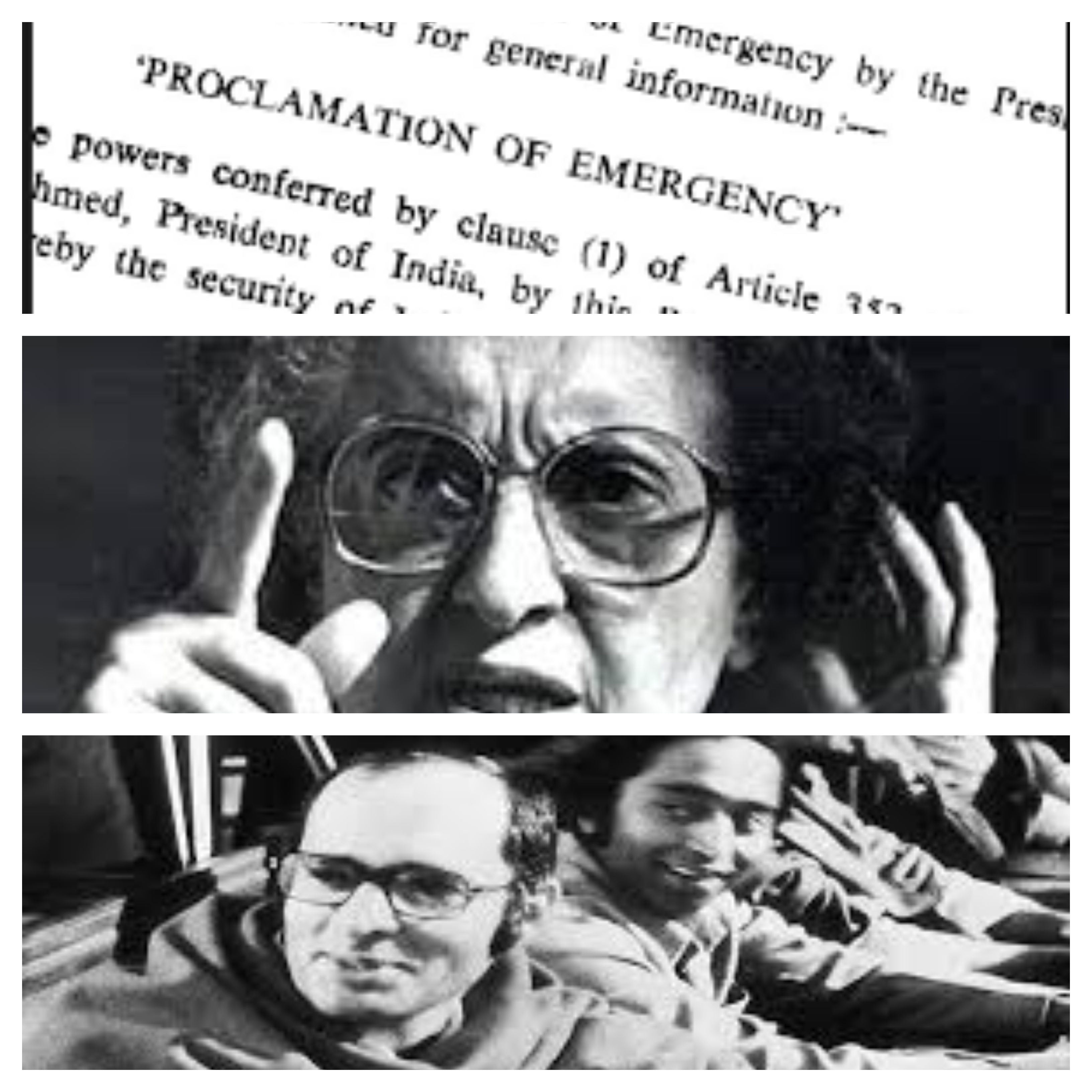

By Linus Garg
First publised on 2020-10-22 18:45:40
It is shameful that despite taking several measures to make food accessible to its vast number of marginalized people, India still ranks 94 out of 107 nations on the World Hunger Index. This shows that something is seriously wrong in both the planning and implementation aspects of the schemes that are in force.
It is well known that despite the Food Security Act and the massive Public Distribution System (PDS) for food grains, leakages and corruption prevent the benefits to flow to the people who need it the most. Further, although India is now producing food grains in abundance and the granaries are overflowing as the government procures the same at a minimum support price (MSP) to benefit the farmers, a huge quantity is lost each year through rotting or the rat menace. The new farm bills of the Central government will now address this problem by allowing the farmer to sell to whoever gives them the best price and use the produce efficiently and not necessarily saddle the government with stocks that go waste.
The problem of under nourishment or malnutrition has never really gone away as 14 percent of the people are suffering from malnourishment. Child wasting is also on the rise where children under 5 years are found to be under nourished for their height. This has also risen to 17.3 percent now. This despite the fact that the mid-day meal has been touted as a huge success and children get at least one square meal a day in government schools across India. On the other hand, the problem of obesity in urban India is assuming serious dimensions. This means that people are not eating the right things and exposing themselves to all kinds of ailments.
India needs to seriously study the impact of the various food schemes and suitably redraft them or if the implementation is not right, necessary corrective measures should be taken to address the problem. It is not good if the fields are producing in abundance and the granaries are overflowing yet a good part of the population is not getting the food required to keep them properly nourished. It also diminishes the quality of our human capital as under fed people are unlikely to have the energy to be productive.











